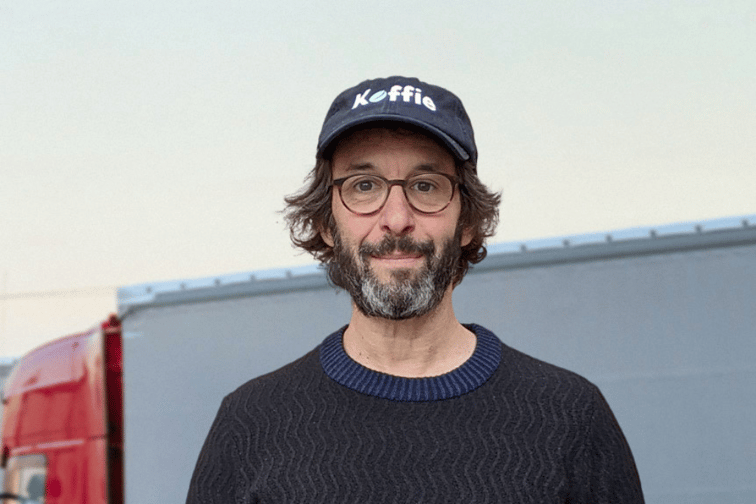

Koffie Insurance plans to hire more people, develop new products and expand into additional states now that the insurtech has nailed down $11 million in new venture capital financing.
Growth is definitely a priority for the New York-based digital MGA, but the focus is on doing so in a responsible, measured way – unlike the more rapid and risky expansions pursued by earlier insurtechs.
“The lessons from insurtech 1.0, as we refer to it, is significant premium growth at the expense of everything else does not do you any good over the long term,” Koffie co-founder and CEO Ian White (pictured) explained. “We’re big believers in responsible underwriting.”
That approach is drawing investor interest. Launched in 2019 with a focus on the commercial trucking and transportation sector, Koffie has attracted three rounds of financing, including its Series A disclosed on July 19. Anthemis Group led the new round, which also included existing investors Lerer Hippeau Ventures and Plug and Play Ventures. A number of new investors joined the round including CP Overture, Breakout Capital, Two Lanterns Venture Partners and “a select group of strategic angel investors.”
The company does business in Tennessee, New Jersey and Illinois and currently employs close to 30 people. Financing will help support plans to scale to 10 states by the end of 2022, boost existing product offerings and hire more people.
Koffie’s customer target includes US trucking fleets, most of which are independent truckers or small businesses with trucks or less. The company’s MGA business launched about a year ago, and Koffie now insures more than 1,000 trucks, the company said.
Koffie uses real-time data and machine learning models to evaluate individual trucks and drivers.
That translates into a number of processes both quicker and more detailed than the industry norm.
While older insurers in the space may take six to 10 weeks to get a quote, Koffie can ingest an application in seven minutes and produce a quote within a day, White said.
The company also requires telematics and outward facing cameras, and its clients are 100% compliant, he said, as a requirement for coverage.
“If an insured loves the Koffie program but for some reason it doesn’t want the cameras, that’s not a good fit,” White said. “This is immediately going toward risk selection and pricing and underwriting, because we learn a lot more about the insureds.”
Koffie also adds a number of additional underwriting factors that look at the driver and equipment in wide detail.
“We’re looking at about 300 features of the truck, starting by … where and how it has been used. We look at the crashes, inspections, the mechanical features – is it a day cab, sleeper cab, etc..,” White said.
There is also scrutiny of clients involving emerging technology, considerations such as whether a truck has automatic electronic stability control, lane collision avoidance or other advanced driver assistance systems.
“This allows us in our model to know that the best decile of trucks are four times safer than the worst decile of trucks,” White explained.
In other words, data is a heavy part of the underwriting equation.
“We regularly use data every step, from risk selection to real time loss control,” White said.
Working with partners, Koffie focuses on determining the efficacy of an insured’s system processes and tools. That can lead, in part, to a special premium based on the technology in use, White said.
As part of the newer round of insurtechs, which White refers to as “insurtech 2.0,” the goal is to continue to grow responsibly and rely on distribution outlets other insurtechs initially shied away from.
“We think about responsibly writing premium [for] complex lines of insurance that require expertise and relationships supported by technology, [with] relatively low acquisition costs largely through an agent channel,” White explained. “Going direct, it’s nice … but there’s a lot of value that brokers provide. Working with agent partners to make them more efficient is really compelling.”
While Koffie isn’t profitable yet, White said the company will reach that point within the next two years. The company plans to get there through new products and other in-house strategies.
“We need to be able to outperform the industry to have a run at this,” White said. “So far, we’re well exceeding that.”
